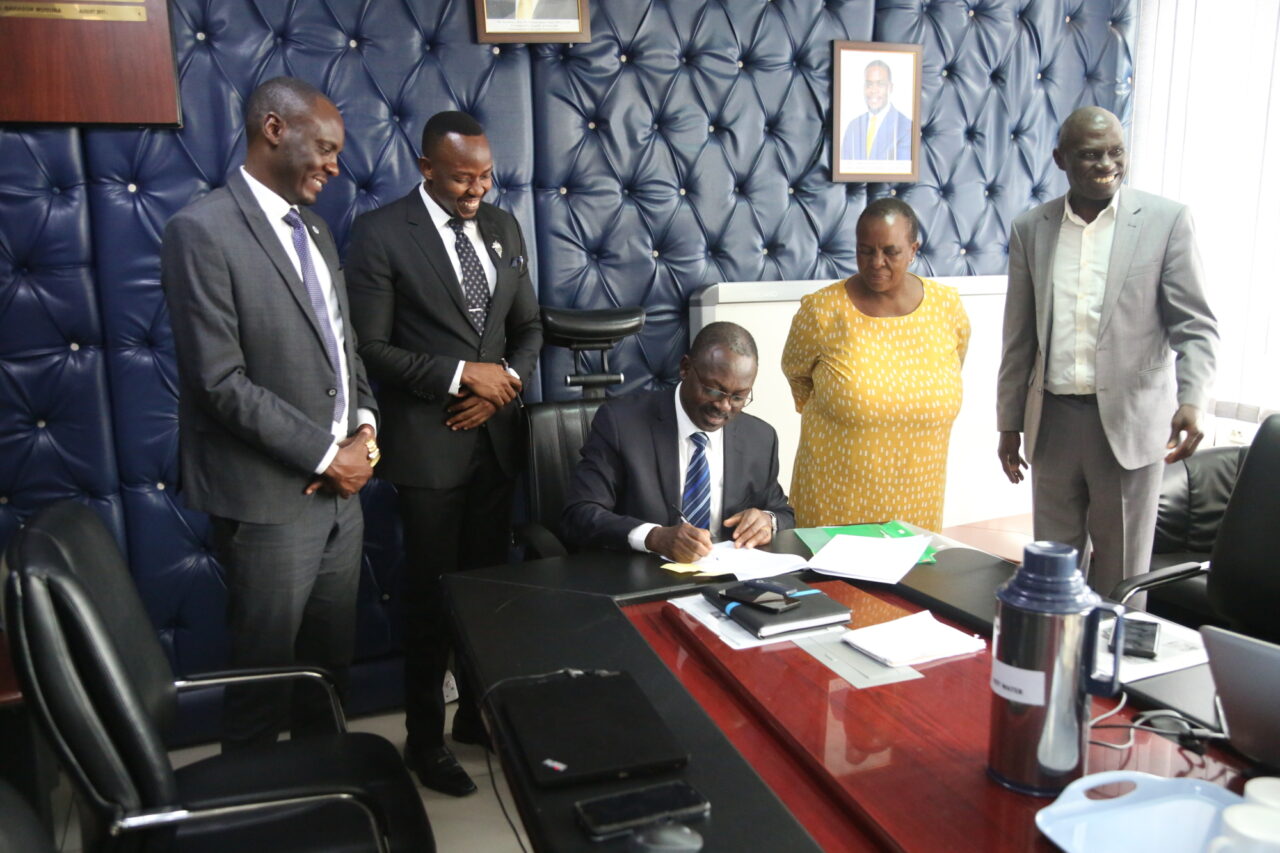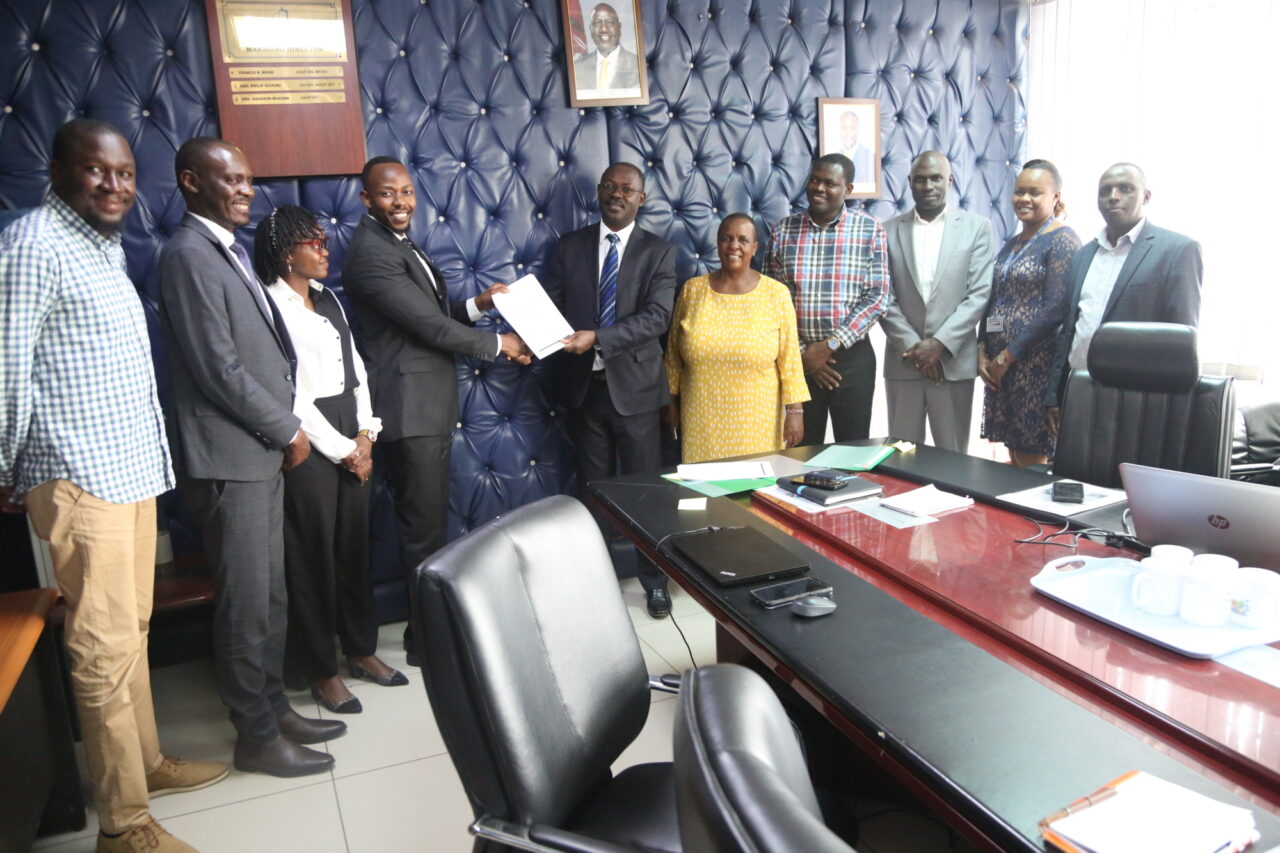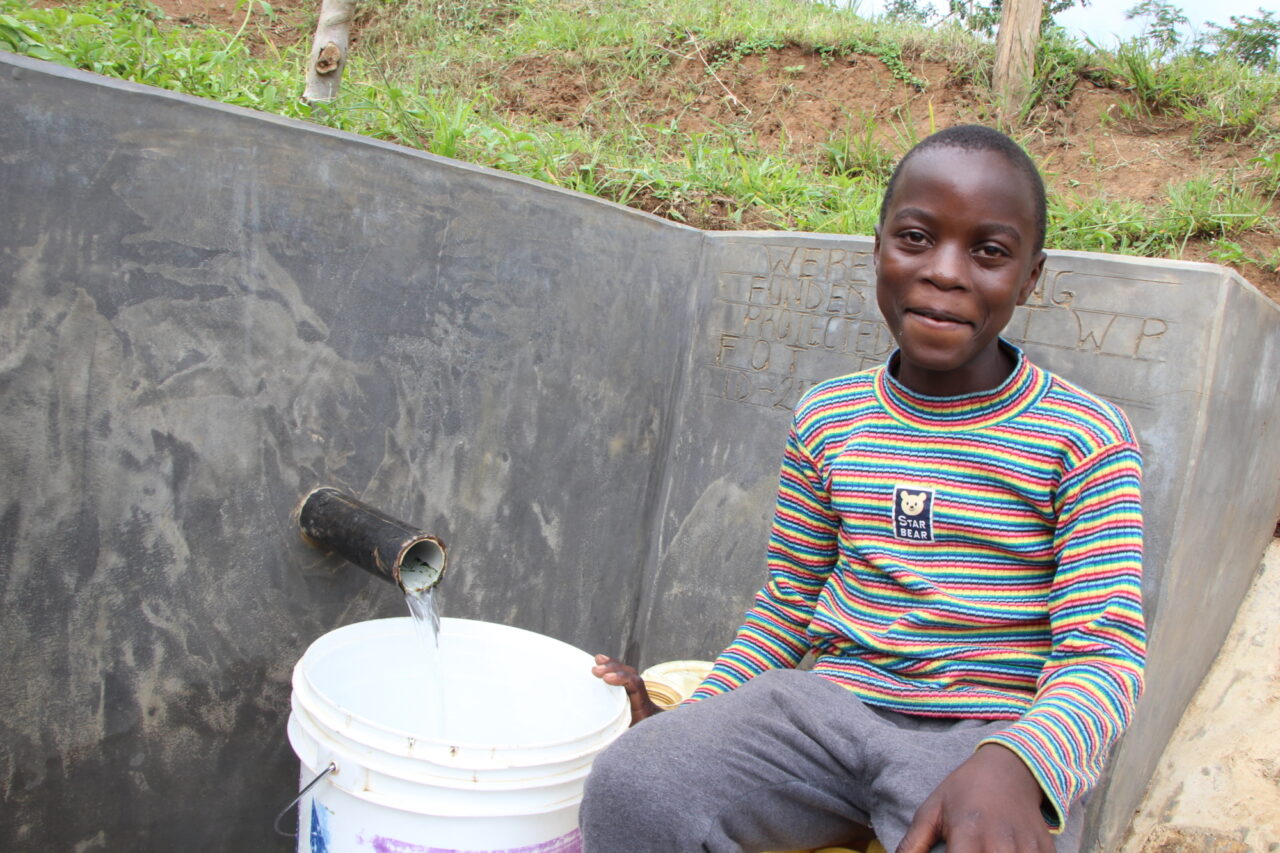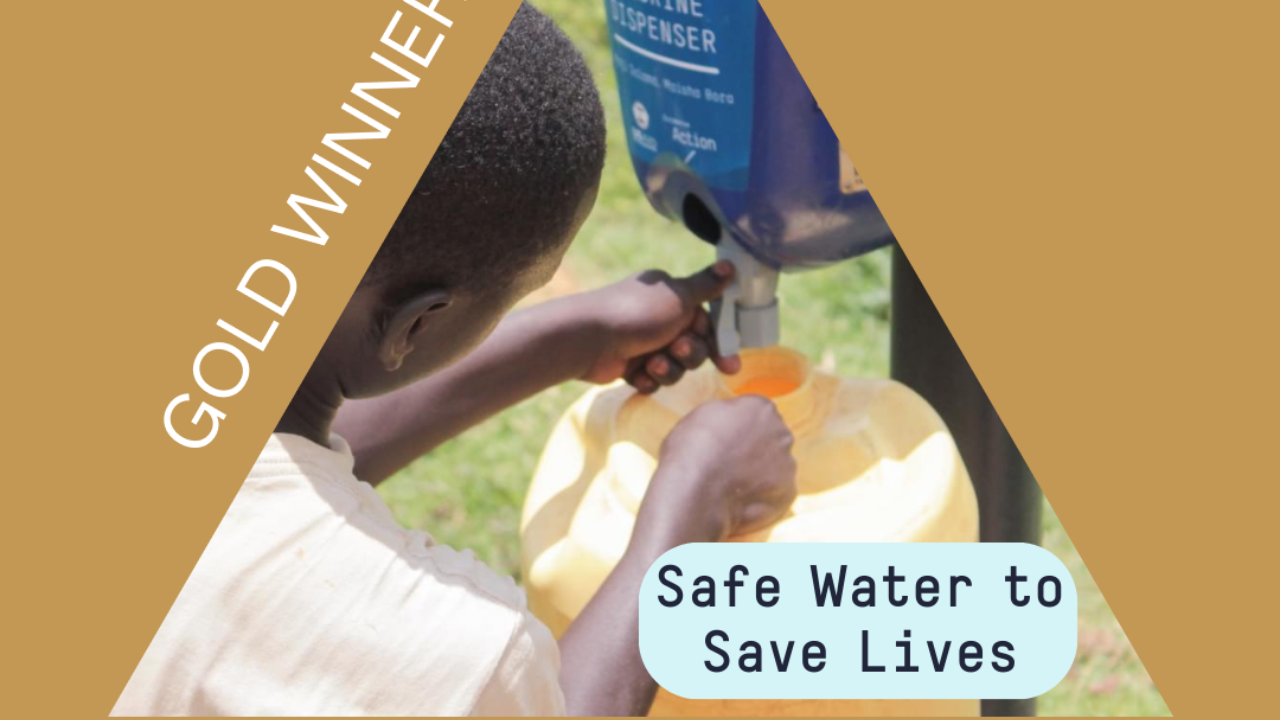Access to safe drinking water is a constitutional right in Kenya, and a formal partnership will help ensure enhanced service delivery in informal settlements. The Nairobi City Water and Sewerage Company (NCWSC) and Evidence Action, in efforts to reduce severe waterborne diseases like cholera for at-risk populations, have formally signed a memorandum of understanding (MOU). This agreement will guide the implementation of in-line chlorination pilot activities in four of Nairobi's informal settlements in Kibera, Dagoretti North, Dagoretti South, and Mathare sub-counties. In-line chlorination devices will be installed at 60 water points that will be jointly selected by the two organizations.
As of July 2023, the Kenya Ministry of Health reported 11,181 cholera cases in the country and 196 fatalities in 26 counties. Thousands of these cases were in Nairobi county. Climate phenomena like the recent El Niño, which caused intense flooding in various parts of the country, only increase risks of spread of infectious waterborne illness.
The Kenya Institute of Public Policy Research and Analysis (KIPPRA) says that approximately 60% of Nairobi county residents live in informal settlements – that’s over 2.5 million people.

The MOU was executed by Eng. Nahason Muguna, Managing Director of the NCWSC, and Chrispin Owaga, Evidence Action Country Director for Kenya. “We look forward to our mutual collaboration in the proposed in-line chlorination program at the informal settlements of Nairobi. This is expected to improve the quality of the water consumed from the NCWSC boreholes within the city of Nairobi,'' said Eng. Muguna.

This agreement is a public-private partnership which will leverage Evidence Action’s technical expertise. The in-line chlorination device is a low-tech solution constructed from PVC piping that contains solid chlorine tablets. It is installed onto piping near the entrance to a water storage tank. When piped water flows through the device, it erodes the chlorine tablet into it, seamlessly treating and making it safe for consumption. Evidence Action’s engineering team will conduct training for NCWSC’s program implementation team for long-term management of the devices.
“We are proud to partner with NCWSC and the Nairobi County Government to increase the country’s safe water coverage. Ultimately, these programs belong to the county government and the country. As technical partners, we are always seeking to enable the government to provide solutions for the people that need it most."
Evidence Action’s Safe Water Now program has provided access to safe drinking water to over 2.2 million Kenyans in Kakamega, Busia, Bungoma, Vihiga, Trans Nzoia, Uasin Gishu, Siaya, and Migori counties, through a network of over 18,000 chlorine dispensers at key community water points. Disinfection of water kills bacteria, viruses, and other microorganisms that could cause disease and immediate illness. Research has shown that water treatment can reduce 1 in 4 child deaths. This partnership with NCWSC provides the Kenyan government a cost effective way to save lives.



